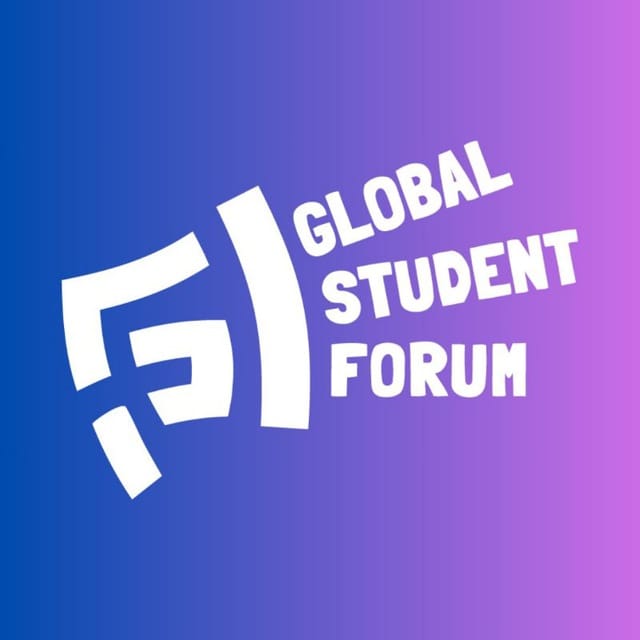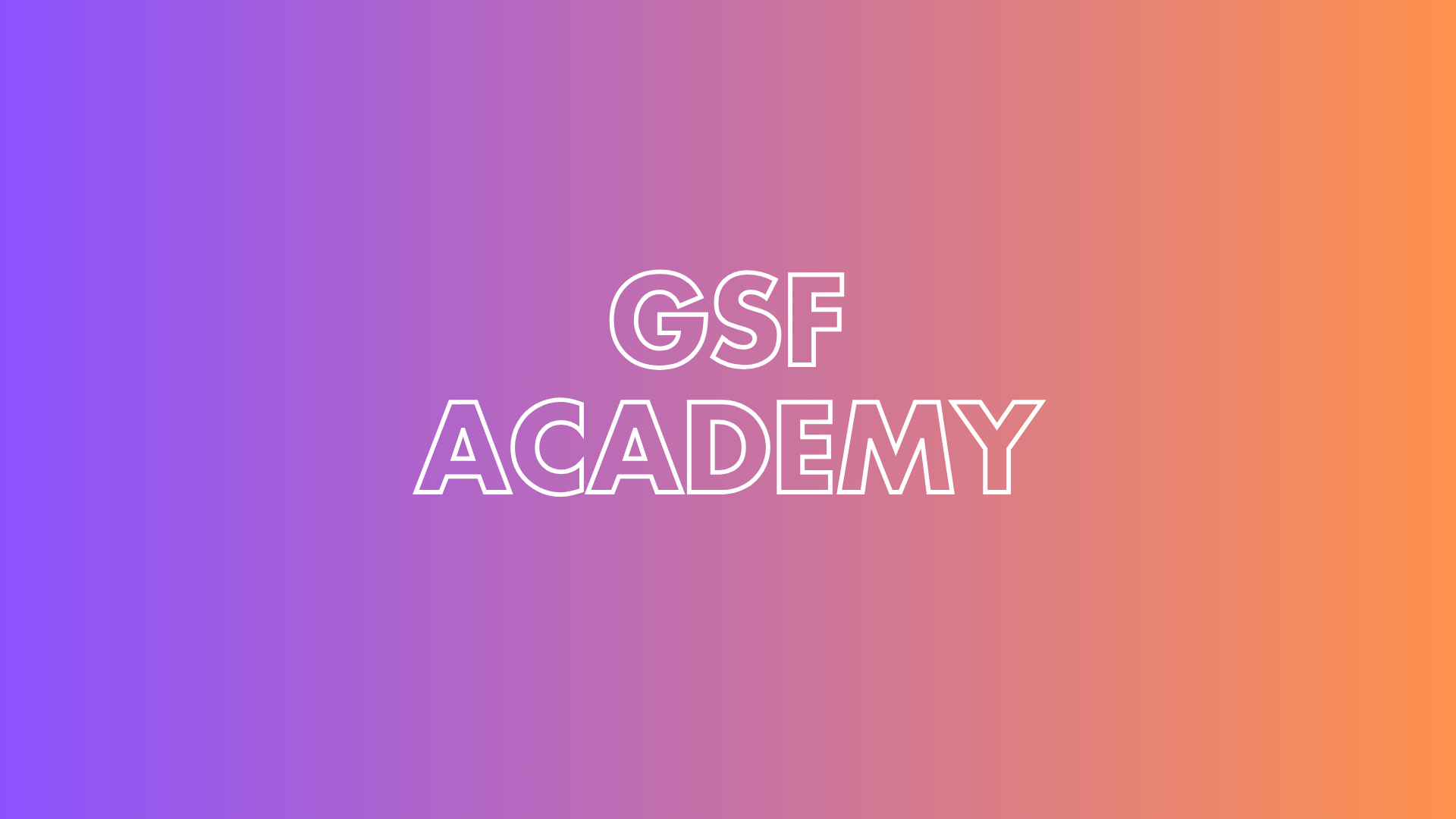This session will first address student organising and the organisational characteristics of representative student associations. We will focus in particular on the organizational characteristics of representative student associations in terms of organisational resources and capabilities, the logic of membership and logic of influence that shape the design of organisational structures, and autonomy and legitimacy of these associations.
Next, we will look into the different mechanisms of student representation ranging from contentious politics to informal cooperative involvement to formalized and institutionalised participation of student representatives in higher education governance. We will address the differences in both organisational and representational models across different levels of governance (from departments to national to transnational level) as well as across different types of institutions and different higher education (and broader political) contexts.
Apart from discussing the impact that students have on higher education policies and decisions, we will also consider some of the pitfalls in student representation, such as tokenistic involvement, domestication of student representatives and lack of autonomy/legitimacy.
Recap of the lecture
Definitions and Importance of Student Leadership
The lecturer introduces student leadership in higher education governance, starting with the definition of leadership. Leadership is about mobilizing others to achieve shared goals and aspirations. It involves getting people to work together for a common cause, and it's not limited to those in formal leadership positions like presidents or secretaries but can occur in informal contexts such as within dormitories or family settings.
Core Elements of Effective Leadership (Kouzes and Posner’s Framework)
Leadership involves key practices, as outlined by Kouzes and Posner in the "Student Leadership Challenge":
- Modeling the Way: Leaders should act consistently with shared values, not expecting others to do what they wouldn’t do themselves.
- Inspiring a Shared Vision: Leaders should create and communicate a compelling vision for the future.
- Challenging the Process: Leaders seek opportunities for innovation and improvement.
- Enabling Others to Act: Leaders empower and support their team members, fostering trust and collaboration.
- Encouraging the Heart: Leaders recognize and celebrate individual contributions, creating a sense of community and shared purpose.
Leadership as Service
Leadership is fundamentally about serving others and the community. It involves acting with honesty, transparency, trust, and empowerment. Leaders should be committed to the growth and development of everyone within their movement or organization, ensuring that their efforts are inclusive and beneficial to the whole community.
Success in Leadership
Success in leadership is not only about achieving goals but also about the process and relationships built along the way. Leaders should consider the sustainability of their efforts and the well-being of their team members. Effective leadership involves planning the steps to achieve goals, considering the impact on relationships, and ensuring that team members are not overburdened.
Student Agency
Students have the capability to influence their education and institutions. This agency involves both the ability and the motivation to act. Empowerment is essential for enabling student agency, allowing students to co-determine their educational environment and policies.
Sources of Agency
The sources of agency include:
- Contextual: Real opportunities available within the environment.
- Relational: Community and mobilization efforts.
- Individual: Motivations, self-efficacy, and personal beliefs.
Challenges and Cultural Contexts
Different cultural contexts influence perceptions of student leadership and participation. For instance, in some cultures, students may not feel comfortable questioning authority or taking on leadership roles due to cultural norms. Understanding these cultural differences is crucial for effective leadership and agency.
Typologies and Models of Student Representation
The lecturer differentiates between student representation (formal advocacy) and activism (contentious action). Various types of national student associations and their organizational structures were discussed. The models of student intermediation include formal structures, such as student councils, and informal structures, where interactions are based on need or ad-hoc situations.
Autonomy and Legitimacy
Autonomy of student associations involves their decision-making competences and independence. This includes:
- Policy Autonomy: Deciding on political and professional agendas.
- Governance Autonomy: Deciding on internal structures and processes.
- Managerial Autonomy: Discretion over financial matters.
- Legal Autonomy: Independent legal status.
- Financial Autonomy: Freedom from financial constraints imposed by external bodies.
- Symbolic Autonomy: Independence from symbolic ties to other organizations.
Legitimacy is divided into internal and external aspects:
- Internal Legitimacy: Recognition by the student body as a true representative.
- External Legitimacy: Recognition by authorities and partners, based on competence and the ability to represent student interests effectively.
Theories of Change
Theories of change involve examining shifts in organizational culture, structures, political agendas, and the impact of student representation. These theories help understand how students can influence their educational environment and policies effectively.








